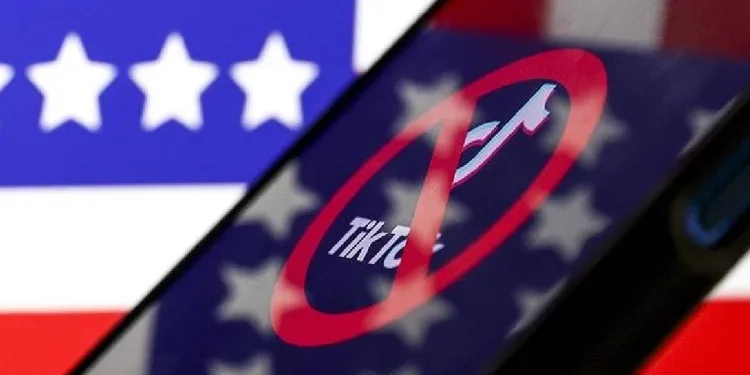TikTok faces a ban in the US on January 19 unless the Supreme Court intervenes to declare the decision unconstitutional. The move stems from concerns over national security, with Congress and lower courts already supporting the ban.
If upheld, the ban would primarily block the app from Google Play and Apple’s App Store, preventing new downloads and updates. While current users could continue accessing TikTok, the lack of updates could render the app unstable and vulnerable to security risks over time. Protestors outside the Supreme Court have urged lawmakers to reconsider the decision.
However, determined users might bypass the ban using methods like VPNs or altering app store regions—though these may violate terms of service and pose legal risks. The government could counter these efforts by targeting hosting services or instructing internet providers to block access, as India did in 2020.
TikTok could also restrict access by identifying US-based users through mobile numbers or device settings, further complicating attempts to use the app post-ban. ByteDance, TikTok’s parent company, has expressed concerns about the app “going dark” if the Supreme Court rules against it, leaving the platform’s future uncertain.















